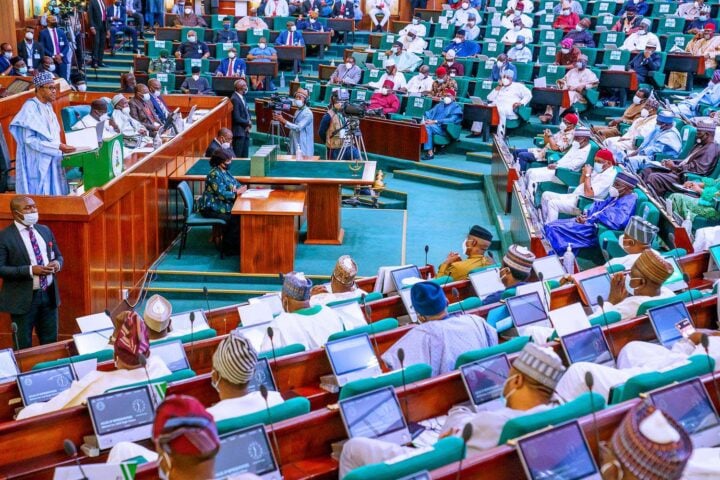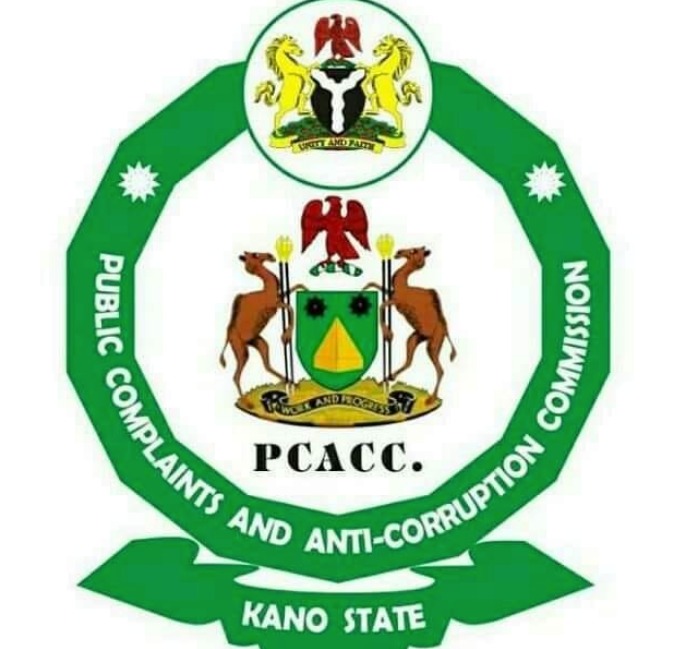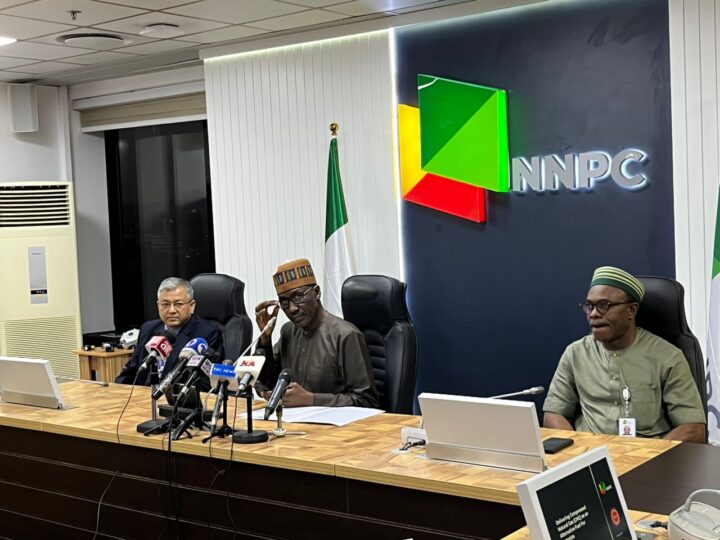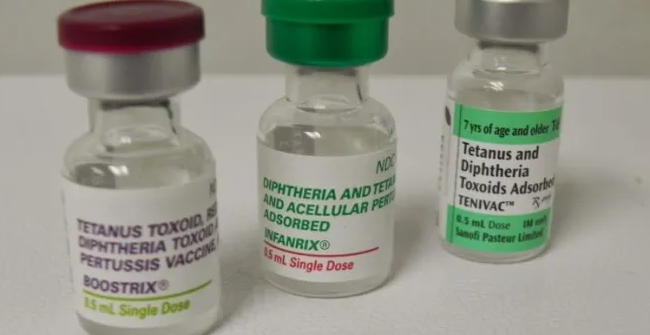Pic.14. President Muhammadu Buhari (L), presenting the Draft 2021 Appropriation Bill before the joint session of the National Assembly in Abuja on Thursday (8/10/2020)
05633/8/10/2020/Hogan/ICE/BJO/NAN
The house of representatives has resolved to revisit the case of the N11.3 trillion allegedly spent by the federal government on the turn-around maintenance of Nigeria’s refineries between 2010 and 2020.
The house also intends to tackle the rising cost of petroleum products occasioned by the removal of the petrol subsidy.
Since the subsidy ended, labour unions and stakeholders have called on the government to fix the refineries in the country.
In May, the green chamber’s ad hoc committee on the state of refineries in Nigeria said the federal government had spent a total of N11.34 trillion on the rehabilitation of the country’s refineries within the 10-year period.
Advertisement
But the nation’s three refineries, located in Warri, Port Harcourt, and Kaduna, have been moribund since 2010, the committee said.
Speaking to journalists in Abuja on Thursday, Bamidele Salam, the chairman of the house committee on public accounts, said the lawmakers were bothered by the moribund state of Nigeria’s refineries in spite of the huge sum of money expended in trying to fix them in the last decade.
Salam added that the era of wasting public funds on white elephant projects without consequences “would soon be over”.
Advertisement
“The committee would thoroughly examine the accounts of the federal government and those of the ministries, departments and agencies (MDAs) in order to expose wastage, inefficiency and corruption in the public sector,” he said.
He, however, expressed optimism that President Bola Tinubu’s administration would reposition the Nigerian economy by fixing critical infrastructure like power, roads, and rail transportation.
According to Salam, the fixing of dilapidated infrastructure can only be successful if “there is value for money on all public contracts as well as adherence of government agencies to the provisions of extant laws and regulations on budgeting, procurement, and jobs certification”.
Salam also said many roads, bridges, and other public infrastructure for which humongous sums of money were budgeted and spent in previous years had become dilapidated, adding that many other projects were abandoned by contractors after receiving full payments.
Advertisement
He said the increase in public revenue occasioned by the removal of the subsidy and a merger of foreign exchange trading windows, would only make the desired impact, if the government blocked wastages and strengthened its audit institutions.
The committee chairman further bemoaned the non-appointment of a substantive auditor-general for close to a year.
This challenge, according to Salam, has impacted negatively on Nigeria’s public finance and accountability ratings by global organisations.
He, therefore, appealed to the president to urgently appoint a substantive auditor-general for the federation in accordance with the provisions of section 86 of the constitution.
Advertisement
Add a comment






